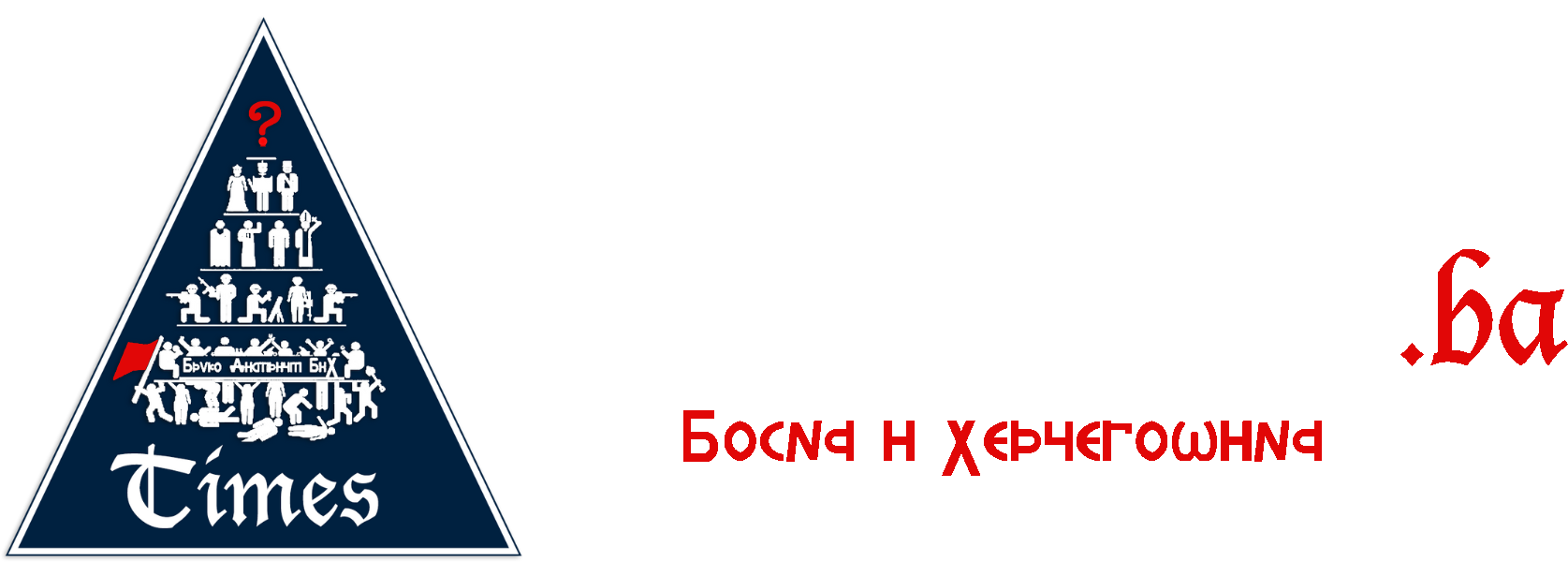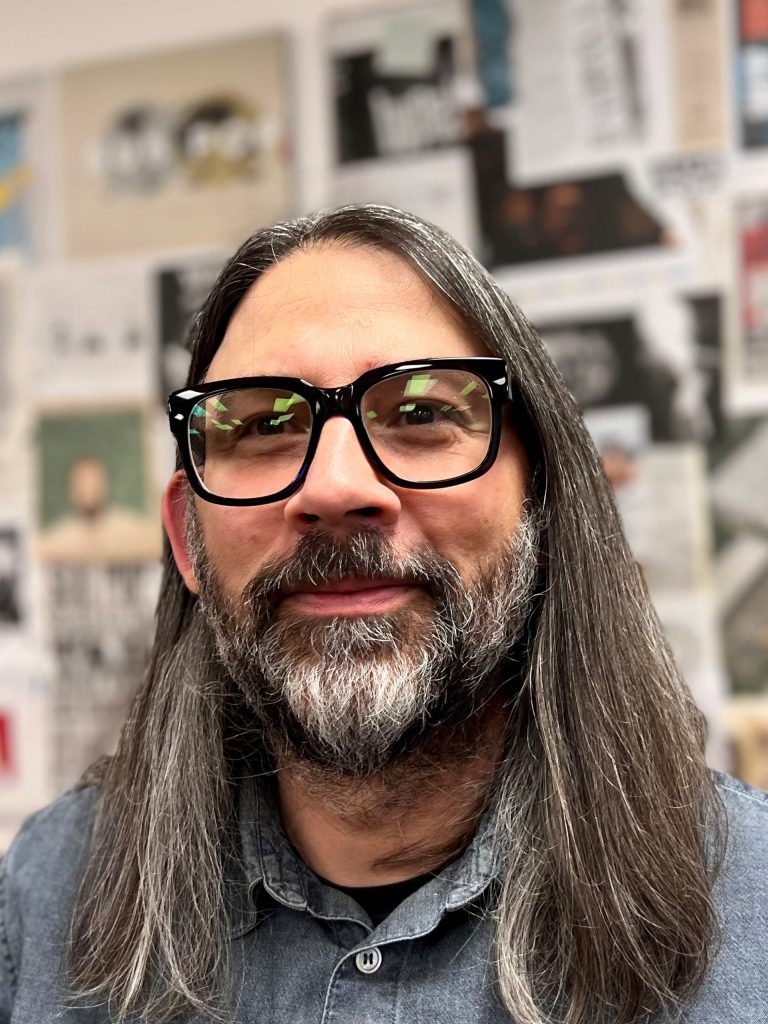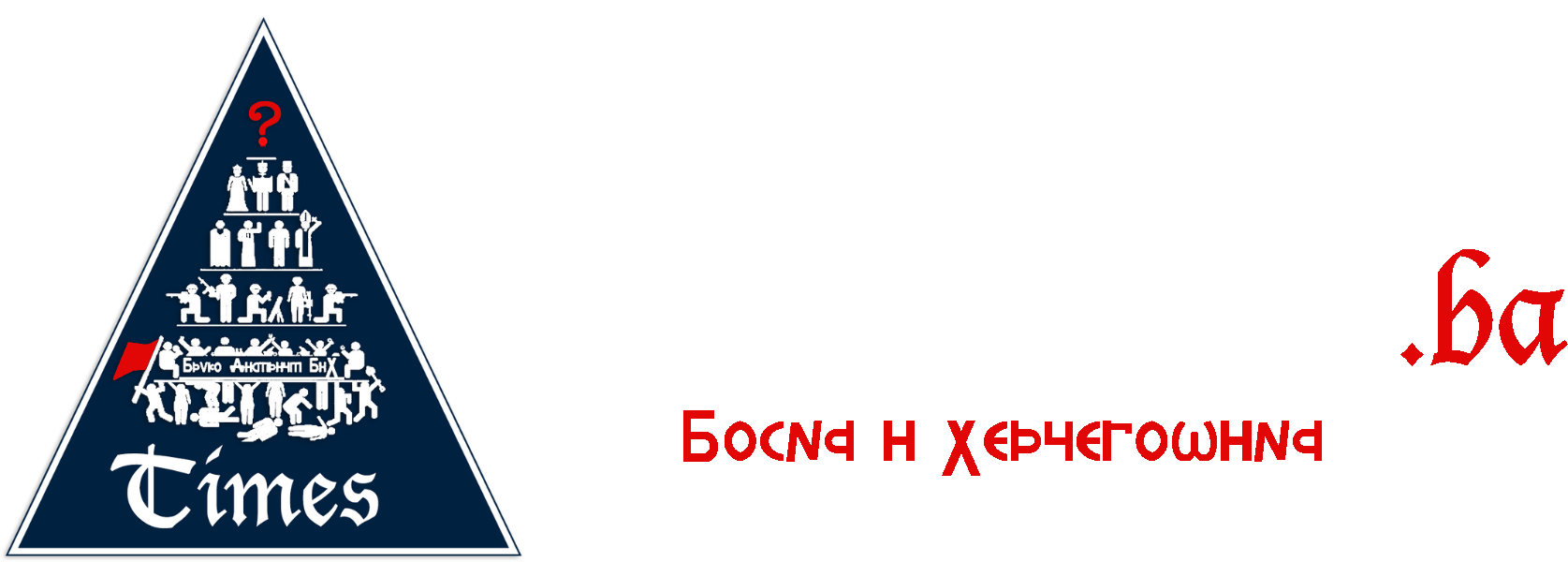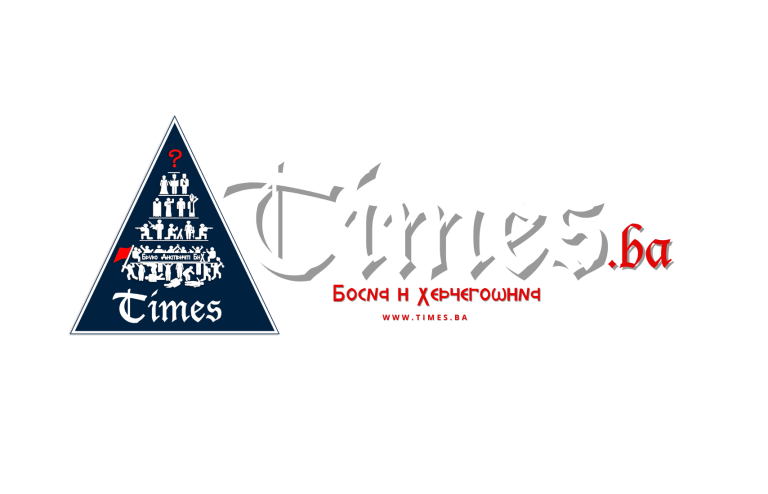Although he joined the label well after the legendary grunge boom of the late 80s, Tony Kiewel, the A&R head of Sub Pop and Hardly Art Records is a real heavy-hitter in the USA music scene, who helped shape the label’s iconic sound and roster at the turn of the millennium.
Before landing at Sub Pop, Tony worked at Geffen and Dreamworks, giving him a wide-ranging view of the industry. Today, he remains a passionate advocate for local talent through his work on Seattle’s Music Commission.
In light of the Runda Digital Conference, taking place this weekend at the Belgrade Dom omladine, we sat down with Tony to discuss some important questions surrounding the label, and find out what it takes – for an artist, or publisher – to build and maintain a living legacy.
Balkanrock: „Dear Loser“ – I’m sure lots of aspiring artists saw the infamous Sub Pop artist rejection letter back in the day. Do you know how that opening line came about? Was it because of that song „Tad“?
Tony Kiewel: I’m honestly not sure! That’s a little before my time but I should probably know that answer by now. I’m not even sure if the letter or the Loser T shirt came first.
Balkanrock: The Sub Pop Singles Club kickstarted Nirvana, and is still going strong. Is there any 7” you recall that did particularly well recently?
Tony Kiewel: The first one that comes to mind is the Julia Jacklin 7” we did a couple years back. That song ended up doing really well. Julia was obviously doing very well already though.
Balkanrock: With that clarified, rather than doing the obvious and focusing on the past, I mostly want to know what Sub Pop has become now. With the label being responsible and best known for the Seattle grunge sound, what did the process of rebranding look once the dust settled?
Tony Kiewel: I think Sub Pop has always been very varied in their genre interests but has the tendency of being defined by whoever the most successful bands of the time might be. In the early 2000s I think we were pegged as an indie rock label due to the rise of The Shins. And then a few years later we were somewhat tagged as an indie folk label with the rise of Fleet Foxes. But during that time we also worked with incredible and sometimes even very successful noise, rap, pop, and comedy artists.
All of which is to say, we’ve never consciously tried to associate ourselves or our image with a specific genre. And while we love a self-effacing motto and slapping our logo on a merch item, we’ve tried to keep ourselves mostly busy marketing the artists.
Balkanrock: A somewhat naïve, but relevant question – with digital distribution only a click away, how does „the Label“ remain relevant these days? How is the legacy upheld? And, in your experience, does the indie listener even ask who released what?
Tony Kiewel: That’s an excellent question. We’ve focused our efforts on being active members of our community as well as the shameless application of our logo to as many shirts, mugs and sweatshirts as we can get our hands on. Beyond that we just try to keep our heads down and work as hard as we can for our bands and hope the work speaks for itself.
Balkanrock: It’s only going to be certain in retrospect, but it’s safe to say there are plenty of more recent, but still generation-defining albums on the label. „Bloom“, „Titanic Rising“, „Helplessness Blues“, „Diary“ – the list is quite extensive. In terms of label identity, what makes these vastly different records fit the Sub Pop roster?
Tony Kiewel: We all have pretty wide tastes at Sub Pop and we’ve always tried to work with artists who were making music we loved. And shaking things up stylistically keeps us engaged and challenged. And personally I can’t think of anything that gets me more excited as when the friends we’ve made in the comedy community start collaborating with the jazz bands or the hip hop artists start remixing our rock and electronic artists. It’s the most rewarding and inspiring part of my job.
Balkanrock: With scene regionalism and sonic uniformity becoming a thing of the past, what does signing new talent look like in the 2020s?
Tony Kiewel: We are definitely more aware of what is happening globally than at any point in our history. I think our roster is the most international it’s ever been as a result of that. There are some challenges for us as an American label since America is our biggest market and we would love to get the artists we work with to tour there but that’s often times an expensive proposition. So it’s tricky! We want to be as global in our perspective as possible and have more tools to do that than ever before but it comes with related costs and challenges.
Balkanrock: In the eyes of an active label looking to sign, is SMM really the be-all and end-all for up-and-coming artists? Or is the music still sufficient to build a good narrative around, and get people on board?
Tony Kiewel: I like to think if someone gave us the best record ever made but had nothing else going for them and they weren’t willing to tour or engage with social media we could still find them an audience. It definitely makes things more difficult. Fans seem to expect a certain level of engagement in exchange for their fandom these days. We work with a number of artists who have been successful despite keeping their relationship to social media to a minimum though so it’s definitely not the be all end all.
Balkanrock: I’m sure it’s no surprise that the Balkans also have a healthy interest in physical media, like vinyl and CDs. Although this is tied more to distribution, do you ever get any feedback about what Sub Pop release does well outside the US?
Tony Kiewel: We actually run two manufacturing lines for each release; one in the US and one in Europe. We keep a close eye on stock levels at our regional distribution partners across Europe.
Balkanrock: On the digital end of things, the „live sessions“ format garners huge interest in our part of the world. And a lot of people don’t know that Sub Pop has a very long and fruitful relationship with KEXP, extending to more than a hundred videos of such performances available on YouTube. Is this kind of format a necessity today for anyone looking to „make it“?
Tony Kiewel: KEXP are amazing members of the community (both Seattle and the broader music community.) We love working with them and I would highly encourage everyone to check out their amazing sessions. I’m perhaps less enamored of live sessions in the general sense since it can sometimes feel overwhelming to have every radio station, venue and festival asking to broadcast and archive every artist’s performance…
Balkanrock: Everything mentioned thus far is still well within the realm of usual label-talk. On the flipside, do you see the deluge of AI generated music as a real threat, some ten years down the line? Image generation went from fuzzy blotches to hyper-realism in the span of two years, and it’s only a matter of time until music suffers the same fate.
Tony Kiewel: I am very concerned. The revenue system we currently have with streaming platforms is based on every artist and label splitting up a piece of the subscription revenue each month. If the number of songs getting added each month skyrockets it will assuredly further lower the per stream rate that is already problematically low. And that’s not even getting into the increased opportunities for related undetectable stream manipulation. There’s also the impact of generated content taking a share of the music used in film/TV licensing and social media. That will hurt professional musicians on both a revenue and exposure level.
Balkanrock: Lastly, can you tell us what you’re hoping to bring to, and learn from this year’s Runda Digital conference?
Tony Kiewel: I’m just excited to engage with the community there. It’s a part of the world I’ve always wanted to visit and I’m eager to check out your record shops and meet the people who care about their culture and their artists.








